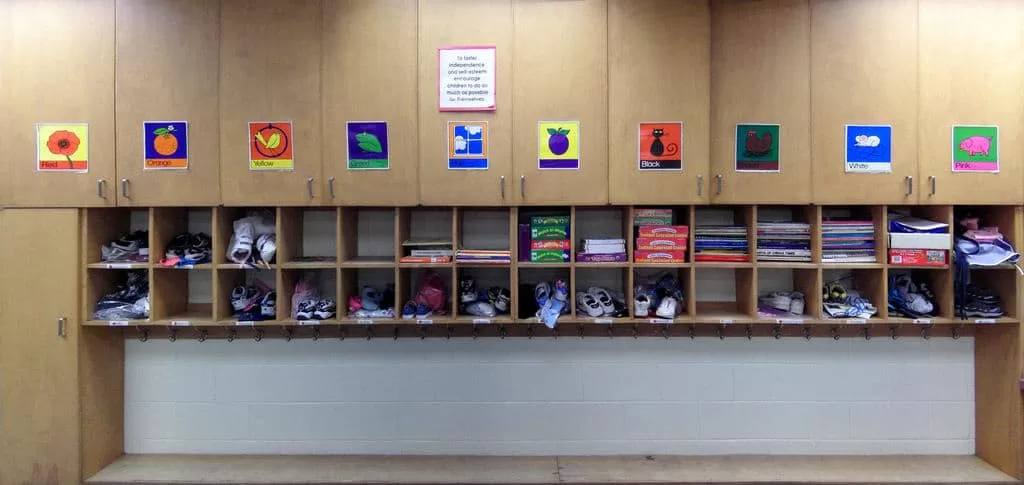Schooling in Ontario: Education for All
Canadians everywhere place a very high value on quality education for all children and young adults. Education and skills training is essential preparation for jobs that offer high wages, good working conditions, opportunities for advancement, and personal fulfillment.
Schooling in Canada is provided by the government and is free to attend. Rules vary from province to province, but generally, children between six and 16 years old must attend school. Most children begin school in kindergarten (a preparatory year before grade 1) around age four or five and continue until grade 12, when they are aged 17 or 18. After they complete grade 12 successfully, they receive a high school diploma.
Up to grade 8 is referred to as elementary or primary school. Grades 9 through 12 make up high school or secondary school. In some districts, you will find middle schools for grade 7 and 8 students.
Many students continue on to post-secondary education to get a university degree or college diploma. Some continue their studies in specialized private training colleges, while others seek apprenticeships in trades like plumbing or welding.
In cities and towns, parents with young preschool children under the age of four have access to early education programs that combine academic learning and fun. Many Canadian children start kindergarten with some preschool experience.
The school year in Canada begins in early September and ends toward the end of June. A typical school day is six hours long.
Ontario is gradually moving to full-time kindergarten although in some districts kindergarten may be offered part-time (such as full days every other day or half-days every day.) However, beginning in grade 1, children all go to school Monday to Friday, except for designated holidays and days selected as professional development days for teachers’ own learning. Children (and teachers!) enjoy a welcome two-week vacation in December and a one-week vacation in February or March (often called spring break).
On school breaks and during July and August, there are many camps and other activities to keep children busy. They are not free to attend but do offer parents good options for when they have to go to work and need educational and fun experiences for their children during the day.
Public education is paid for through property taxes. Each provincial or territorial government has responsibility for looking after education and manages this by establishing local school boards whose members are elected by the residents of each school district. To find schooling information for the place you want to live in Ontario, visit the website for the Ontario Ministry of Education.
Ontario also provides publicly funded Catholic religious schools (known as Separate Schools) as an alternative for parents who choose this. Parents who choose this option have their property taxes allocated to fund the Catholic Separate School Board in their region.
In some areas, private schools are also an option for your children if you are willing and able to pay for your child’s schooling, though almost all families, whatever their income level, choose the public school system. Home schooling is supported, although few Canadian families take this option where public schools are available.
French Immersion schools are provided as a choice by the public school boards in many areas. There are no additional fees for these programs which are targeted to English speaking families who wish to provide their children with the advantages of a bilingual education. In these programs the social sciences are taught in French, while mathematics and English are taught in English.
Educating our children and youth is a partnership between schools and families; parents are very involved in school activities, from helping with homework to volunteering in the classroom. As a nation, Canada invests heavily in public education to give all children a strong foundation and the ability to reach their full potential.









